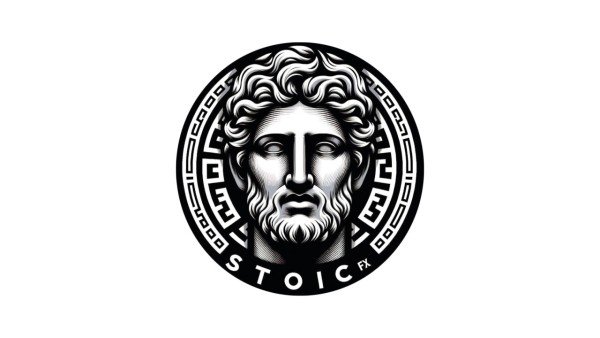/ Globe PR Wire /

In the fast-paced world of trading, where markets can swing dramatically in moments, maintaining composure is crucial. Stoic philosophy, an ancient school of thought, offers traders a framework to navigate the emotional highs and lows inherent in financial markets.

Understanding Stoicism
Originating in ancient Greece, Stoicism teaches the development of self-control and fortitude as a means of overcoming destructive emotions. It emphasizes rationality and the importance of focusing on what one can control, making it particularly relevant for traders facing today’s market conditions.
Applying Stoic Principles to Trading
Traders can incorporate Stoic practices into their routines to enhance decision-making and emotional resilience:
- Focus on Controllables: Concentrate on your trading strategy and risk management, rather than market movements beyond your control.
- Embrace Discipline: Adhere to your trading plan and avoid impulsive decisions driven by fear or greed.
- Practice Reflection: Regularly review your trades to learn from successes and mistakes, fostering continuous improvement.
- Maintain Equanimity: Stay calm during market volatility, understanding that ups and downs are part of the trading journey.
By integrating Stoic philosophy, traders may experience:
- Improved Emotional Control: Reducing the impact of stress and anxiety on trading decisions.
- Enhanced Focus: Concentrating on long-term goals rather than short-term market fluctuations.
- Greater Resilience: Bouncing back from losses with a constructive mindset.
Conclusion
Stoic philosophy offers traders a timeless toolkit for navigating the complexities of financial markets. By fostering discipline, focus, and emotional resilience, Stoicism can help traders perform more consistently and make more rational decisions, regardless of market conditions.
